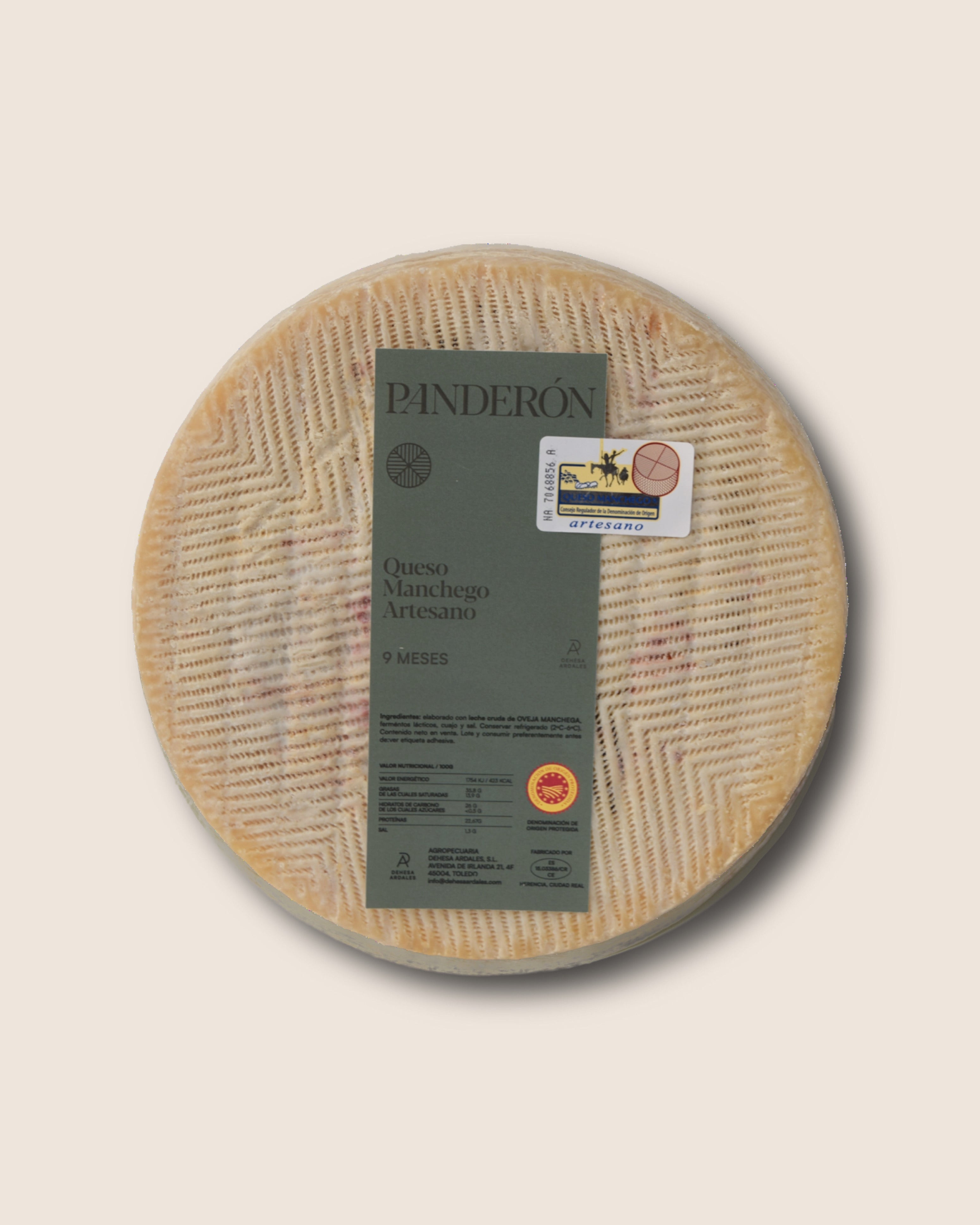Panderón Cheese 9 Months
€86,00
Taxes included.
Manchego cheese with Protected Designation of Origin. Made from raw milk from black Manchego sheep and matured for a period of 270 days.
Awarded silver medal at the World Cheese Awards 2023.
All weights are approximate.

Raza autóctona única
Reconocimiento internacional
Manchego D.O.P.
Sabor intenso y característico